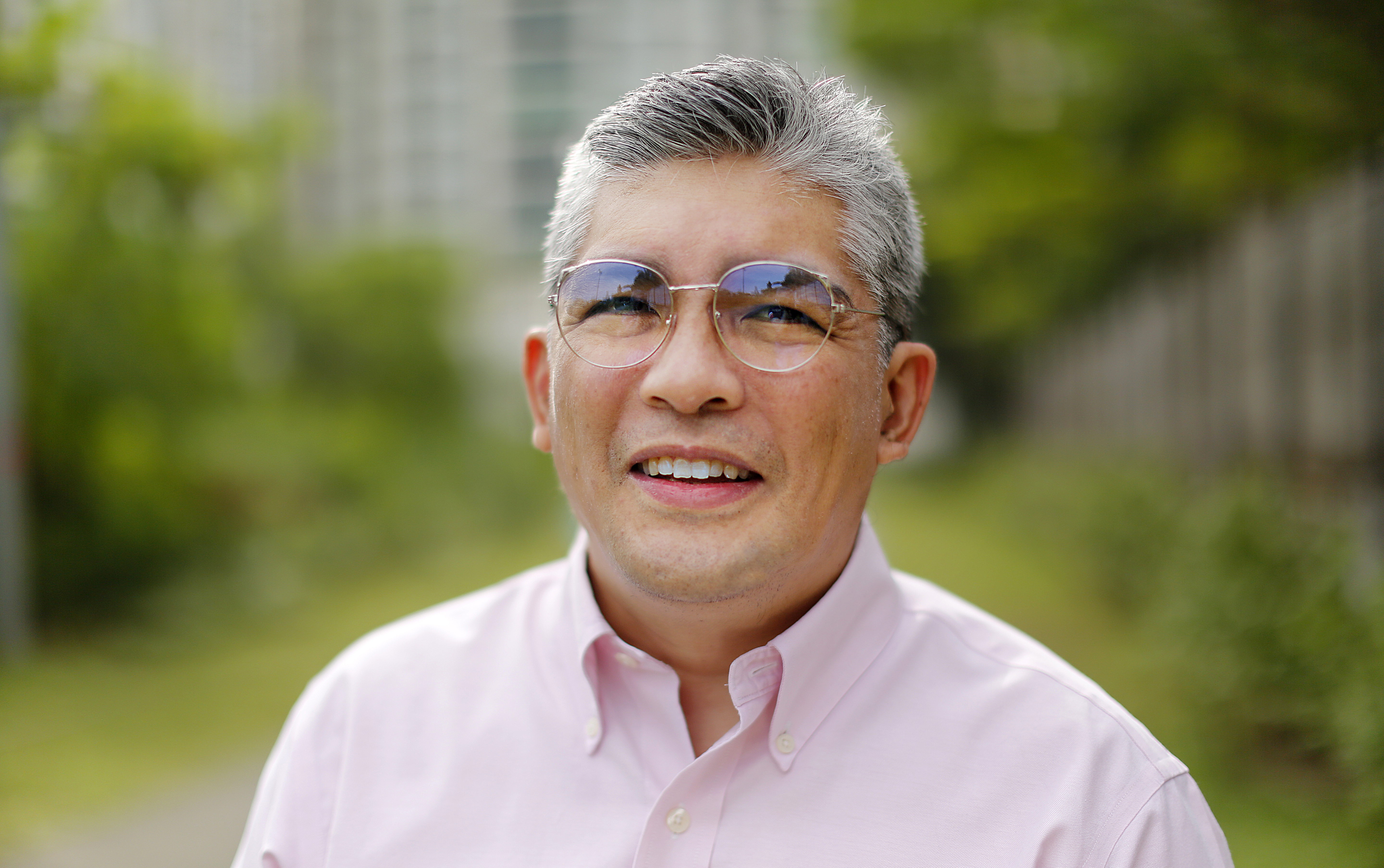OFF THE BEATEN PATH

As El Niño tightens its grip, anxieties surrounding water scarcity rise. Without sufficient water from reservoirs, agriculture suffers, jeopardizing food security for millions of Filipinos. This is not mere inconvenience as we observe the heat index hitting record highs; the resultant social unrest is not an imagined threat. El Niño may be a temporary phenomenon, but the consequences of inadequate water management are long-lasting. We cannot afford to wait for the next drought to expose our vulnerabilities. We need a water governance system that prioritizes long-term planning, sustainable practices, and equitable access to clean water for all Filipinos. We need it now.
When a presidential candidate proposed the creation of a department of water, during a Commission on Elections-sponsored debate in 2022, and held it up as a solution to our water woes, it was quickly – and unfortunately – dismissed as being un-serious. For a more informed opinion, it will help the readers to first examine the merits of that proposal by reading Senate Bill (SB) 102 authored by Sen. Poe, the proposed National Water Resource Management Act, and its counterpart House Bill (HB) 35, authored by Rep. Joey Salceda. Regardless of the differing positions on the correctness of the supposed remedy, the reasons with functional integration as the foremost deserve a serious look, a rethink if we may.
Any sensible personal reflection by ordinary citizens, or policy deliberation by those in positions of power, will necessarily bring us back to the early 1990s. That decade saw the wave of privatization around the world. Financial institutions and development organizations offered finance programs to address water needs in developing countries. The national water crisis during the same period and the inherent problems then with water utilities – from procurement and financing to personnel among other factors – led to the privatization of the water sector. To say that the move initially delivered on its promises is an understatement. The countless stories of those who had to endure pre-privatization problems have more than established that.
The more important point is that our problems on water governance persist. In crafting solutions, we are always bound to factor the emerging challenges that call for reassessment. While the shift to privatization was convincingly a decisive step that indicated progress, our call for better and more sustainable solutions does not end.
Some promising approaches deserve exploration. Here are two, based on experiences in neighboring Asian countries as presented by Professor Eduardo Tadem, Professor Emeritus at the University of the Philippines Diliman–Asian Center, and convenor of the Program on Alternative Development of the UP-Center for Integrative and Development Studies:
* Public/nonprofit partnerships (PuNPP). In PuNPPs, one or more public sector agency works with one or more civil society or community-based organization to deliver water services. The joint management between local communities and the water utility is based on equity, resource management, reduction of water consumption, improvement of reliability, and reduction in operating and maintenance costs.
* Public-Public partnerships (PuP). This involves collaboration among public sector agencies in collectively developing performance benchmarks, implementing tertiary-level treatment of wastewater and reducing demand for piped water, use of excess water, and access to other water sources such as natural springs.
The UN recognizes safe water as essential for a dignified life, and our own policies echo this sentiment. Yet, these pronouncements ring hollow in the face of depleted reservoirs, controversies surrounding private investments in public utilities and brewing conflicts. Alarmingly, reports from Mindanao reveal rising tensions and even armed intimidation as communities clash over limited irrigation water. Whether noble affirmations are of consequence to this part of the world, the answer will always depend on how we manage this precious resource precisely because of its scarcity. As El Niño and the water crisis test our national resolve, may the lessons of history not go down the drain.